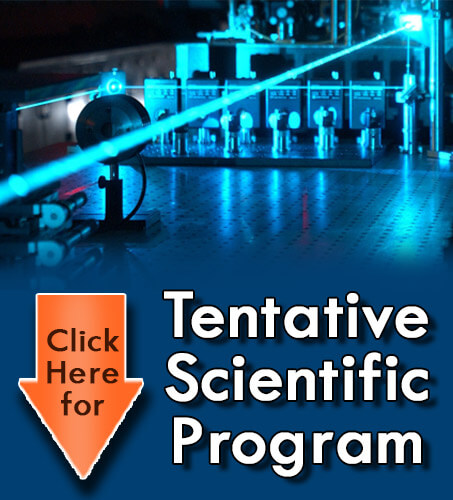
Julio C Fernandez Travieso
National Centre for Scientiï¬ c Research, Cuba
Title: Effects of policosanol in the functional recovery of ischemic stroke hypertensive patients
Biography
Biography: Julio C Fernandez Travieso
Abstract
Introduction: Stroke is one of the leading causes of mortality and disability. Clinical studies results show that policosanol (20 mg/day) + standard aspirin (AS) therapy had benefits versus placebo + AS given for 6 and 12 months to patients with recent ischemic stroke. Objective: To analysis, the policosanol treatment effects in the hypertensive patients included in two ischemic stroke recovery trials. Methods: This report was analyzed the records of all hypertensive patients included in two ischemic stroke recovery studies. Hypertensive patients with a modified Rankin Scale score (mRSs) 2 to 4 were randomized, within 30 days of onset, to policosanol/ AS or placebo/AS, for 6 months. The primary outcome was a mRSs reduction. Low-density Lipoprotein-cholesterol (LDL-C) reduction and High-Density Lipoprotein-Cholesterol (HDL-C) increase were secondary outcomes. Results: One hundred forty-two hypertensive patients (mean age: 66 years) were included in the analysis. Policosanol/AS decreased significantly the mRSs mean from the first interim check-up (3 months) (p<0.0001 vs. placebo/AS). The policosanol treatment effect did not wear off, on the contrary, even improved after 6 months therapy (p<0.0001 versus placebo/AS). Moreover, policosanol/AS (57/71; 80.3%) treatment achieved significant results (mRSs ≤1; p<0.0001). Whereas the placebo/ AS did not (6/71; 8.5%). Treatments were well tolerated. Two patients discontinued prematurely and four patients (2 from policosanol/AS group and 2 from placebo/AS) referred mild AE. Conclusions: Six months administration of policosanol/AS given to hypertensive patients after suffering ischemic stroke demonstrated to be better than placebo/AS in improving functional outcomes at 3 and 6 months when used among hypertensive patients with ischemic stroke.

